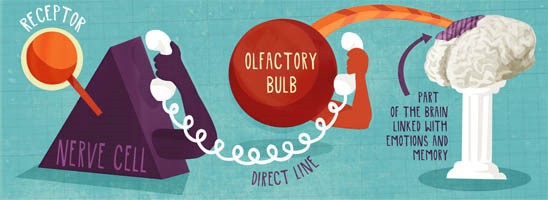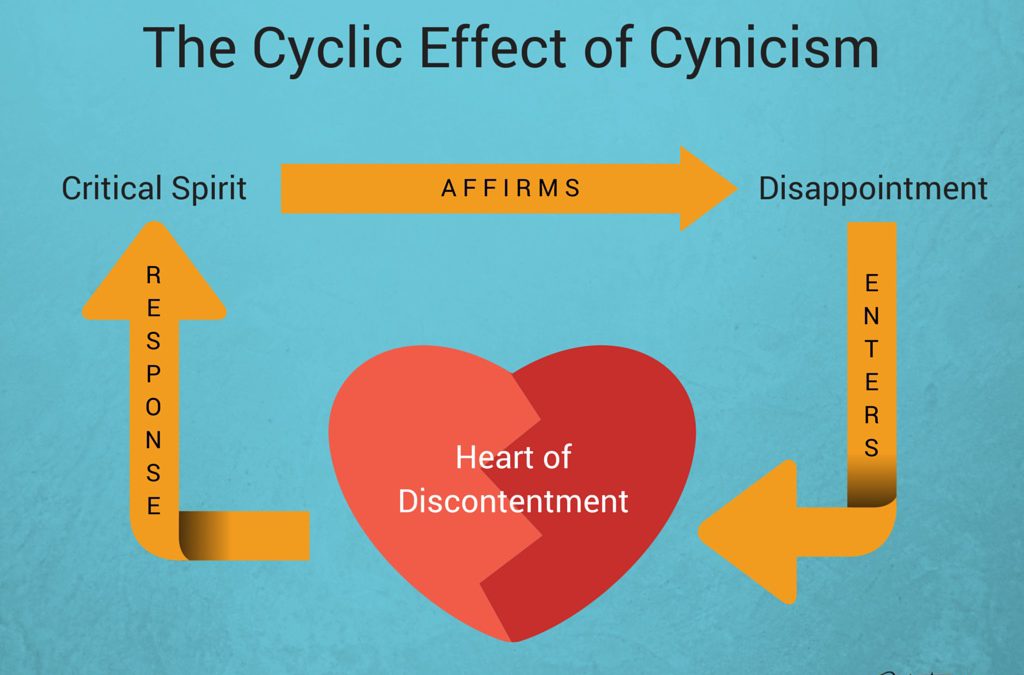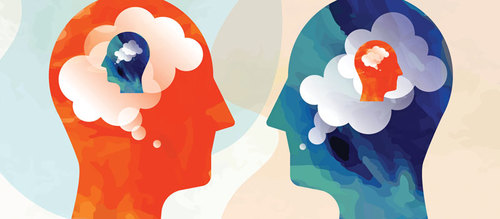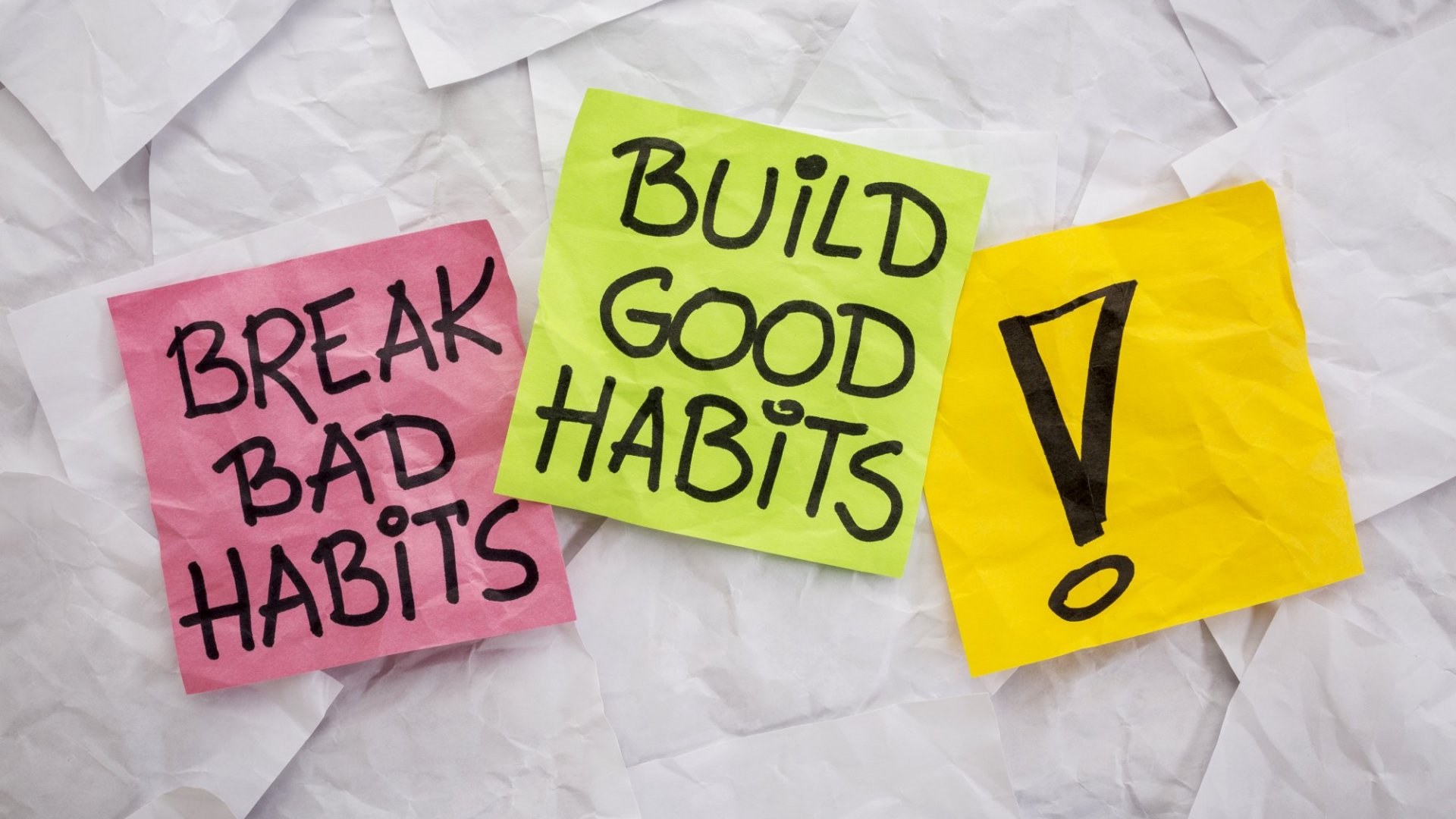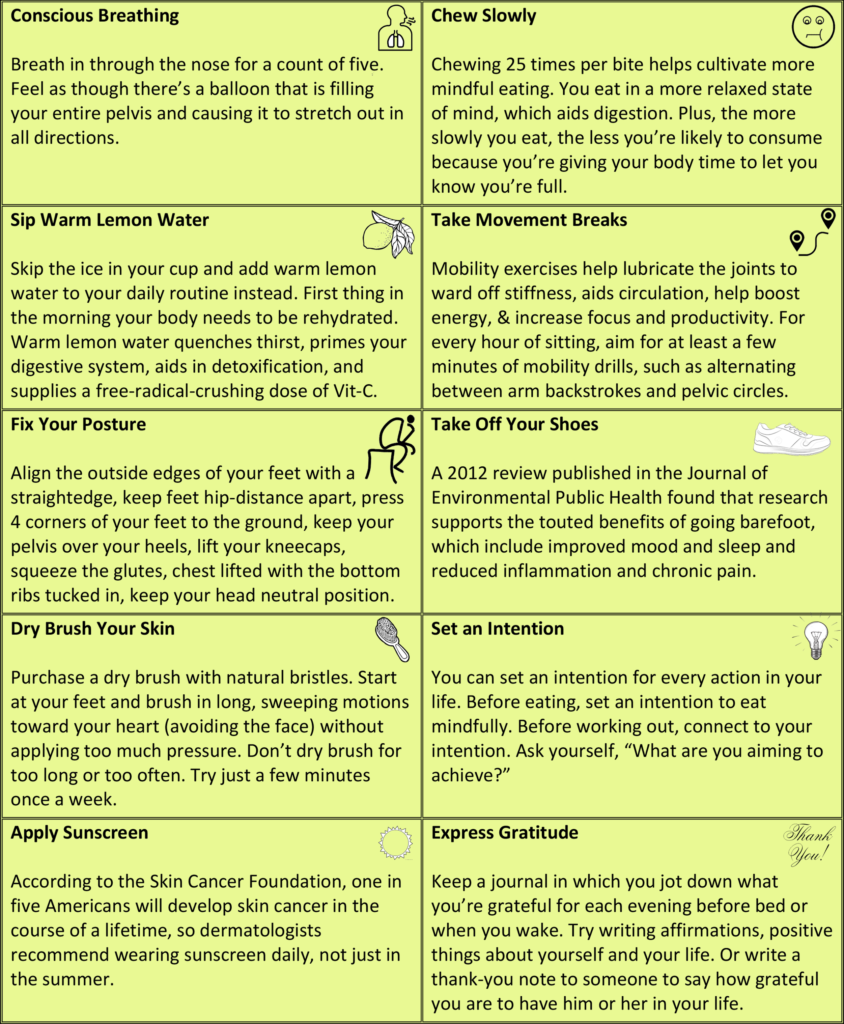This week we continue to look at the topic was explored last week, resiliency. This week we specifically look what to do when you do not feel resilient, when you feel burn out, or when you just need a boost.
Karen Nimmo is a clinical psychologist and author from Aotearoa, New Zealand. She describes 7 ways to refill your tank when it feels empty. These methods are listed below, and you can read her full article at https://forge.medium.com/resilience-burnout-7-ways-to-cope-when-your-tank-is-empty-bf7cfa5320e1
1. Know when to quit the day.
I love this line from the young woman who was feeling she’d lost a chunk of her twenties. If you get to 3pm and absolutely nothing’s going right, take your foot off and quit the day. Curl up and have a cry if you need to. Know you’re not going to make your mark on anything today. Dump it in the way-too-hard-basket. And know that all feelings are temporary. Just because one day goes wrong doesn’t mean the next one will. Often, it’s quite the opposite. You can try again tomorrow.
2. Live in “day-tight compartments.”
One of the early founders of the self-help movement, Dale Carnegie had a strategy for reducing worry: “live inside day-tight compartments.” It’s a tidy way of saying take things one day at a time — to stay in the present, which is especially helpful during times of turmoil. Just live each day until bedtime.
3. Throw your heart over the bar.
One of the traps of feeling low is to do everything half-heartedly, which means you don’t enjoy anything much, you persistently feel like you’re going through the motions. So do fewer things. Or, better still, do one thing at a time. But whatever you do, bring all your focus to it. Do it with your whole heart. Your distracted mind will follow — at least for a little while.
4. Phone a friend.
Because it’s helpful for you to stay connected. But also just because someone, somewhere, may need a friendly ear. They may welcome a chat with you, they may benefit from it — and that confirms you as a good person. Bonus benefit: It takes you out of your own life (and head) into someone else’s.
5. Keep the routines but kill the to-do list.
Basic routines are helpful for framing your day. But 25 things on your to-do list? Seriously? Don’t do that, you’ll just end up transferring most of it to the next day and that’ll just make you feel bad. Be objective and real about your to-do list. Or throw the list out altogether and just do what you can.
6. Tiny, novelty projects
Routines help ground and steady us. But the downside is the sheer repetition of them. Humans are wired for novelty and stimulation. So we have to keep finding ways to spark our interest. Pick tiny, novelty projects that you can complete on the same day, or at least quickly. Cook a new dish, walk a new route, paint a picture, write a poem, put up a shelf, plant some seedlings. The rule is active — not passive, though. So finding a new TV show to stream doesn’t count. Aim for something that engages body as well as mind.
7. Remember to laugh.
There’s some really sad stuff going on in the world right now. And some shocking stuff, and some stuff to make you angry, all of which make it easy to lose your sense of humor — and feel guilty when you hang onto it. Even during suffering there are moments of weirdness, of fun, of joy. It’s a sign of emotional health that you can keep leaning into them.

